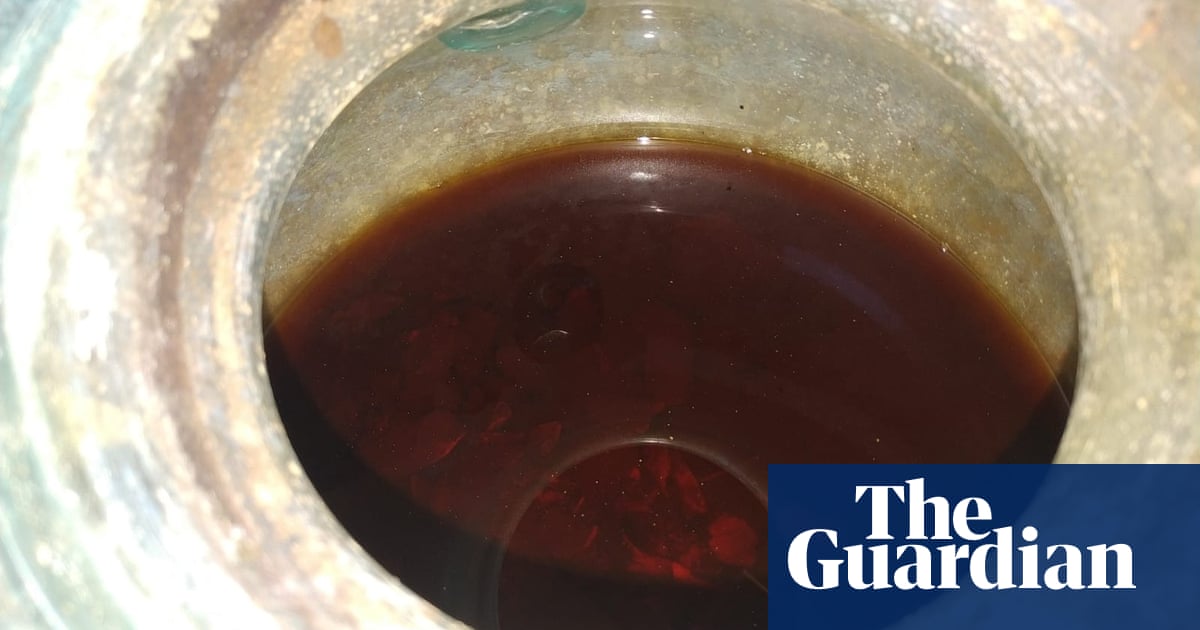Reddish-brown liquid found in untouched 2,000-year-old Roman tomb is a local, sherry-like wine
The oldest wine ever to have been discovered in its original liquid form is reddish-brown and, quite conceivably, full-bodied. Reddish-brown because of the chemical reactions that have taken place in the 2,000 years since the white wine was poured into a funeral urn in southern Spain – and potentially full-bodied because the urn also contained, among other things, the cremated bones of a Roman man.
Analysis by experts at the University of Córdoba has established that the ancient tawny liquid inside the urn – which was found in a rare, untouched Roman tomb that was accidentally discovered in the Andalucían town of Carmona five years ago – is a local, sherry-like wine.
Prior to the discovery, which is reported in the Journal of Archaeological Science: Reports, the oldest wine preserved in a liquid state was the Speyer wine bottle, which was excavated from a Roman tomb near the German city of Speyer in 1867 and dated to about AD 325.
The Spanish urn was recovered in 2019 after a family having some work done on their house in Carmona stumbled across a sunken tomb on their property.
The article doesn’t clearly explain it, but that means this guy’s dying wish was to have his remains put inside a jug of wine? He must have been quite the character in life.
It’s pretty clear imo, the seared bones were sealed in the urn full of wine and an additional unworn decorated golden ring. The researchers even talk about reluctance to try it, because while it is perfectly safe judging by the microbiological analysis: it’s had contact with the bones and is quite murky.
I am a historian whose specialty is too recent to deal with anything like that (20th century), but also have a friend who, to be generic here, deals with a handful of a few centuries back. She found a baggie of a drug mistakenly stored with a letter in an archive (think 18th century) and on a whim, dipped their pinky into the powder and tried it. They regret that decision, but also, nothing happened:)
EDIT: Historians can be boring, but not always that tame





